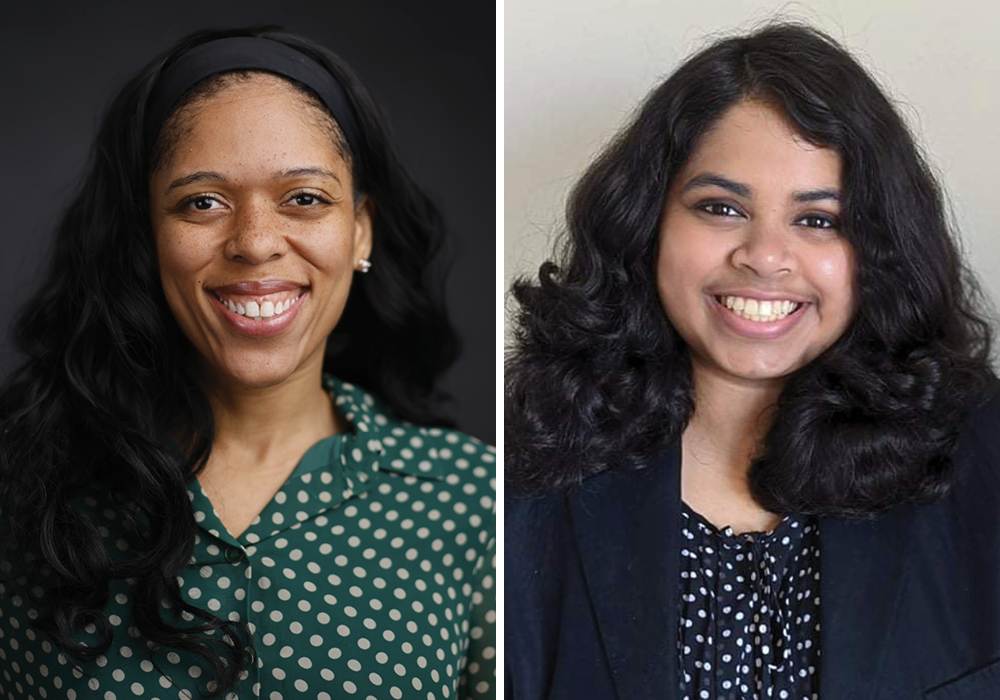
NYMC Chapter of Building Next Generation of Academic Physicians Recognized with Chapter of the Year Award
In Announcing the Award, BNGAP Commended the NYMC Chapter’s Creation of the Podcast Vitals of Academia

The New York Medical College (NYMC) chapter of Building the Next Generation of Academic Physicians (BNGAP) has been named the national recipient of the 2025 BNGAP Chapter of the Year Award in recognition of the hard work, passion, and collaboration of its members to positively impact academic medicine. The award was announced by BNGAP during their virtual national chapter meeting in March.
D’Nea Galbraith, BNGAP national chapter coordinator, remarked that the NYMC chapter's "dedication, programming, and engagement have truly set a shining example for us all."
In announcing the award, BNGAP noted the creation of the podcast, Vitals of Academia, by NYMC BNGAP chapter co-president Angelique Boyer, SOM Class of 2025. The podcast features in-depth one-on-one conversations with physicians serving in a wide range of academic medicine roles. Several other chapters have expressed interest in collaborating to expand the initiative into a multi-institutional project.
Other initiatives that NYMC’s BNGAP chapter has introduced this year, include an inter-professional series, spearheaded by Amanda Elimian, SOM Class of 2025 and chapter advocacy and outreach chair, and the Rangers-Rookies Research Mentorship Program, led by Sumaita Mahmood, SOM Class of 2026 and chapter co-president.
The interprofessional series, launched last year, features health care professionals who are not M.D.s but play a vital and specific role on highly specialized health care teams. One recent segment spotlighted a physical therapist who specializes in pelvic floor therapy and works closely with obstetricians/gynecologists and urogynecologists.
The Rangers-Rookies Research Mentorship Program pairs upperclassmen (Rangers) with underclassmen (Rookies). “Research is a tenet of academic medicine, but there's no formal curriculum for how to get involved in research, so a peer-led mentorship program bridges that gap by passing on Rangers' understanding of best practices and culture regarding medical school research to Rookies,” says Mahmood. This past year saw more than 40 Rookies matched to Rangers based on their research interests.

